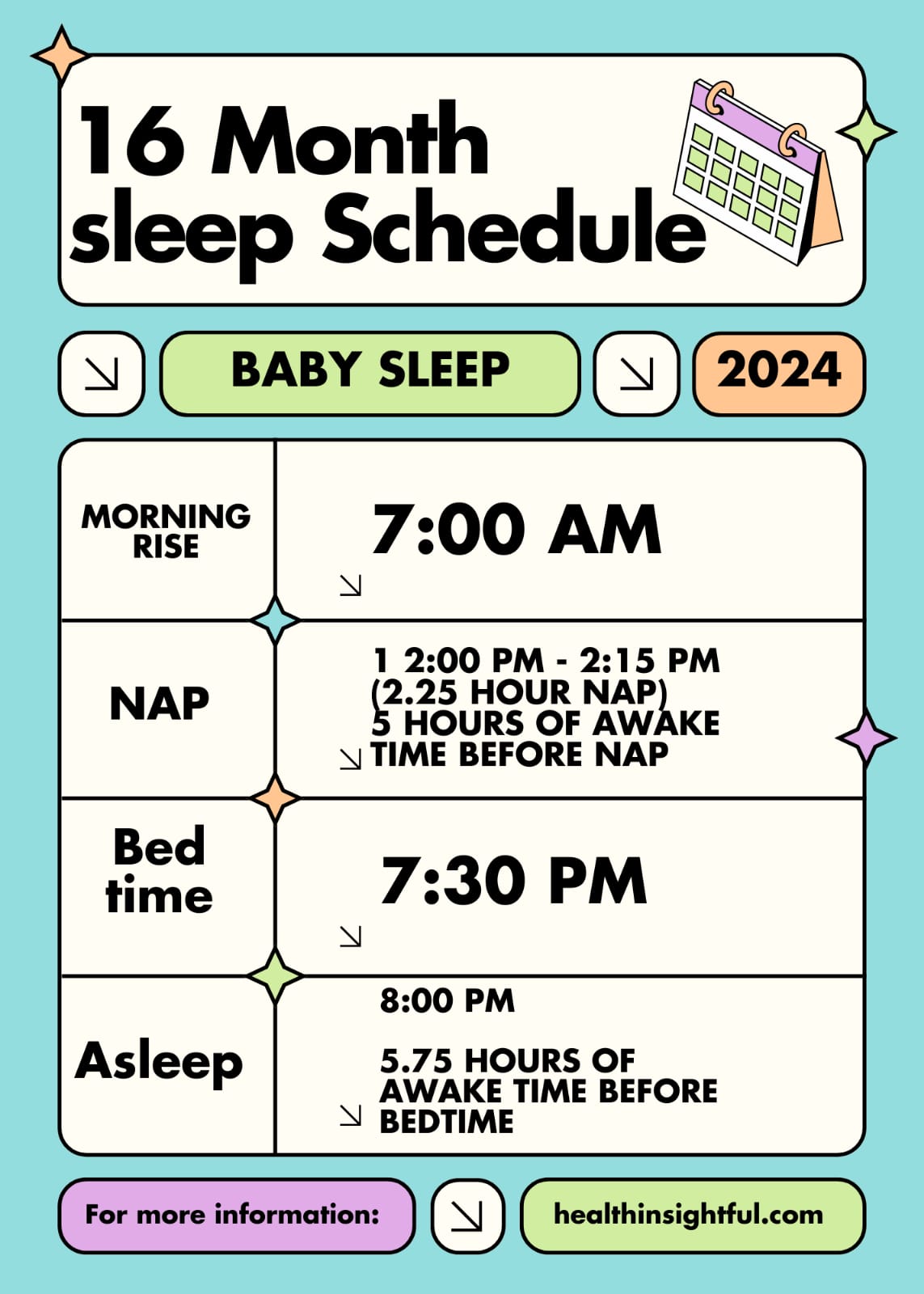It is great joy when one brings a newborn home, but it often means sleepless nights are in store for new parents. If your baby sleeps all day and is up all night, be rest assured you are not alone. This is often the dilemma parents face, but good news is that there are ways to help your baby into a more suitable sleep schedule. In this article, we will walk through an understanding of why your baby might be experiencing this day-night reversal and practical tips that may help fix it.
Understanding Newborn Sleep Patterns
Newborns sleep daily from 14 to 17 hours but are often in small stretches instead of lots of time. A fragmented sleep pattern makes it hard for them to differentiate between day and night. The circadian rhythm, or internal body clock, controlling wake-sleep cycles is not developed at birth. Due to this fact, babies will often have days and nights mixed up.
While in the womb, most of your movements probably lulled your baby to sleep through most of the day, and when you lay still, your baby became more active. This can easily be reproduced in life out of the womb, thereby giving the illusion that your baby sleeps all day and is up all night. Secondly, babies need to eat every two to three hours which may make them very inconsistent sleepers.
Day-Night Routine: How Important Is It?

One of the easy ways to get your baby into a normal sleep pattern is by setting up a day-night routine. In this way, your baby will be able to know when it’s time to sleep and when he needs to stay awake. Here is how to set up a day-night routine :
- Bright and Stimulating Daytime Environment: The house should be bright and lively during the day. Let the curtains down to allow some natural light to come in, play with your baby, and be stimulating. It will help him learn that this is the time when to get up and be active.
- Stick to a bedtime routine that relaxes. As nighttime approaches, the lights should be turned off and the room quieted and kept still- free from motion. A comfort bedtime may include a warm bath, mild massage, soft music, or reading a brief story. This will help your baby derive some good sleep clues that this really is time to sleep.
- Limit Daytime Naps: As much as the newborn needs lots of sleep, it doesn’t mean he is supposed to sleep the day away. Two to three hours are suggested for naps, and this should be accompanied by times of wakefulness in the form of play and interaction.
- Use Feeding Times Wisely: During night time, you need to feed your baby in a darkened and quiet room. You shall thus avoid stimulating the infant and keep the lights dimmed or off. By doing so, you will get your baby trained that night is only meant for sleeping and not playing.
Managing Night Wakenings
It is normal for babies to wake up at night, mainly because they have to feed quite often. You could, however, reduce such wakings by just making sure that your baby is well fed throughout the day. Give your baby full feedings during the day so he will go longer stretches at night without needing to eat.
If your baby wakes, soothe them back to sleep without feeding unless they are hungry. Light rocking patting, or quiet shushing helps your baby settle back to sleep.
Encouraging Self-Soothing
Helping your baby learn to self-soothe is one key component in helping him or her sleep through the night. When your baby learns self-soothing, he will fall asleep independently instead of depending on a parent to rock, feed, or cuddle him to sleep. Here are a few things that you can try:
Put your baby down drowsy but awake: For every sleep time, put your baby into bed when she’s drowsy but still awake. In this way, the baby will be used to sleeping alone.
Don’t scoop them up as soon as possible. If the baby stirs or cries during the night, just wait a couple of minutes to give them a chance to settle back into sleep. Obviously, this does not mean letting them cry it out but giving them time for self-soothing.
Introduce Comfort Object: For an older baby, try introducing the comfort object such as a soft blankie or cuddly toy. This may be of comfort to your baby and help him become self-soothers.
Day-Night Reversal in Older Babies

While that is normal for newborn babies, it is not uncommon for an older baby to have some sleeping problems. However, if your older baby sleeps all day and stays up all night, it becomes very important that you take some steps toward night sleeping before this becomes too deeply ingrained.
Gradually readjust time for sleeping. If your baby’s sleeping pattern is off, try to readjust him/her gradually by 15-30 minutes each day until he/she goes to bed and wakes up at a more reasonable hour.
Sleep schedule For the older babies, establishing a sleep schedule is an important thing. You have to put your baby to bed at the same time every night and have a sleep-conducive bedtime routine that would help him learn that it is time to go to sleep.
- Avoid Exposure to Screen Before Bedtime: It interferes with sleep, especially for the older baby. It is best if they are turned off completely at least an hour in advance of bedtime and that time replaced with more low-key time.
- Ensure that Plenty of Daytime Activity is There: It is great if your baby gets plenty of physical activities during the day. It helps her to expend all her energies and get ready for sleeping at night.
When to Seek Help
These are tips that have been tried, but in case your baby is still not managing a good sleep pattern, then it will be a good idea to go see a paediatrician or sleep expert. Sometimes these ongoing sleep problems may indicate some kind of health problem, which could be reflux or even sleep apnea. It is here that a healthcare professional will identify any potential problems that may exist based upon which further guidance can be sought in order to improve the sleeping of the baby.
Conclusion
Though irritating it may be, having a baby sleep the whole day and be wide awake at night, you can try helping your baby establish healthier patterns of sleep with patience and persistence. By setting the proper pattern of day and night, and teaching self-soothing behavior, you will surely learn to manage your baby’s sleep in a style that should afford you and him an environment conducive to resting. Keep in mind that every baby is different, and it may take a few tries before you figure out what works best for your baby. But stick with it, and before you can even realize it, you both are sleeping better than ever.










